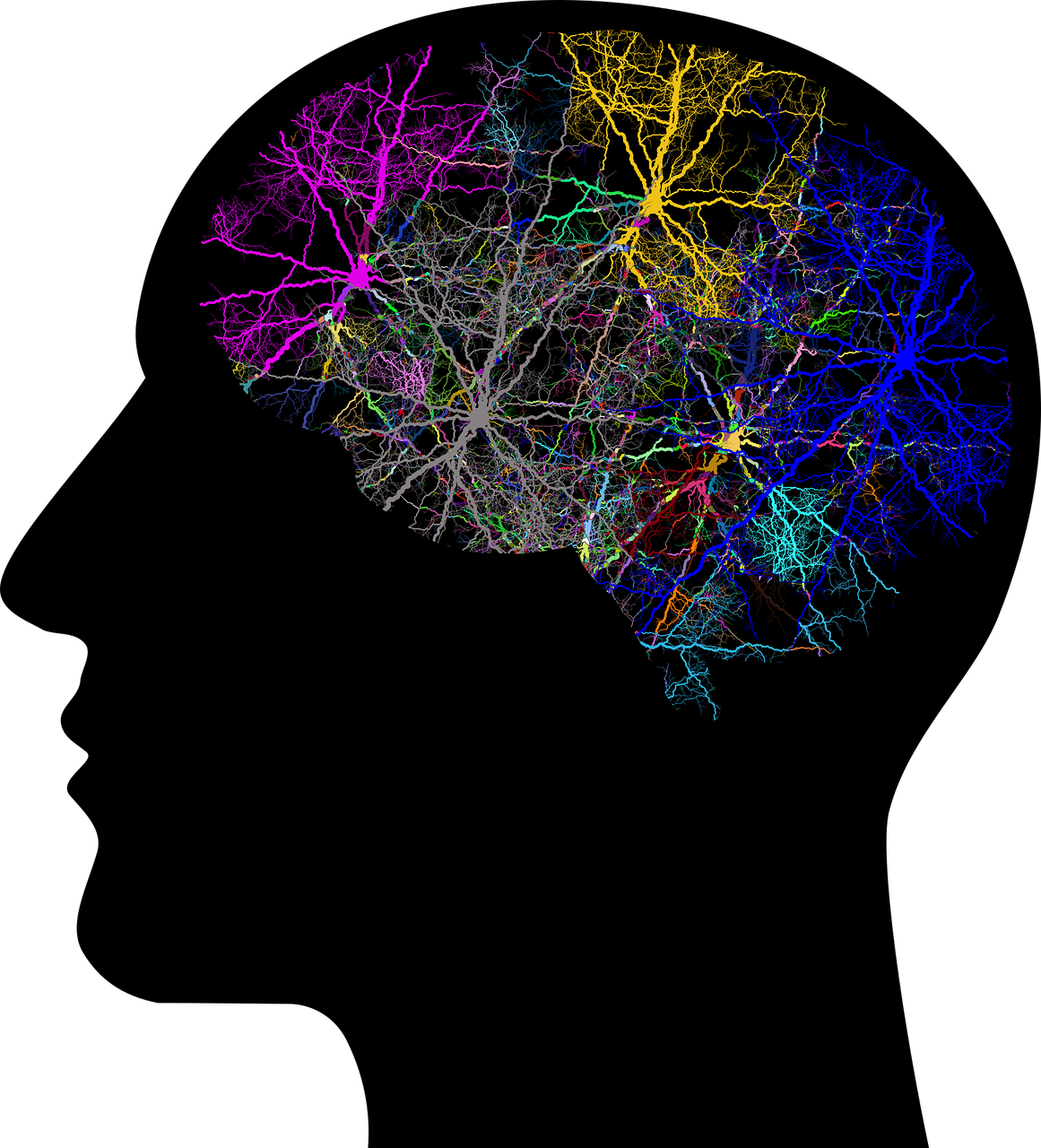Studying the causes and effects of autism and how to make life easier for people with autism spectrum disorder (ASD) is a massive field. It can be hard to stay up to date on all of the latest advancements and discoveries. That’s why we’ve put together this list of a few of the biggest ones, particularly those that can help you if your child has autism.
Early Training Might Stall Motor and Memory Difficulties
Rett syndrome is a genetic neurological disorder that is often linked to autism where children lose skills they had learned, like crawling, walking, or talking, at around age 2. But studies done on mice models of Rett syndrome showed that motor and memory training early in life helped to postpone the symptoms of regression later.
It’s not news that people with autism and autism-linked disorders often have issues with motor skills. That’s why there are so many toys, games, and other autism products for children on the market to assist with development. But if the findings from this study hold up among humans, getting those things to children earlier in life can help them as they get older.
The Efficacy of Autism-Specific Training for Dentists
Visits to the dentist are often difficult for people with autism. They come with a myriad of unusual lights, smells, and sensations. Plus, autistic people sometimes have repetitive and destructive behaviors involving their mouths, like pushing their tongue up against their teeth, or pouching food near their gums, which causes extra dental problems.
But dentists have been learning techniques for helping patients with autism, and the good news is that it’s working. Some dentists even make it a specialty, called special needs dentistry, and it can involve anything from an office designed to help children relax to utilizing sedatives when necessary.
Kids With Autism See The Steepest Drop in Physical Activity From Ages 9-13
Children with autism don’t always get the exercise they need. Sports and gyms can both be over-stimulating and anxiety-inducing. Plus, kids with autism are often picky eaters, relying only on foods that are high in sugar and carbohydrates and cause kids to become lethargic.
New studies have shown that the biggest drop in physical activity for kids with autism happens between the ages of nine and thirteen. While it is possible for children with autism to stay fit, lose weight if necessary, and live a healthy life, it also requires intentional effort from the parents to help their kids find an exercise regimen that works for them.
About 40% Of People With Autism Also Experience Anxiety
Scientists have long known that there is often overlap between people with autism and people with anxiety or other mental illnesses. However, knowing the percentage of how often that happens is new. Roughly 40% of people with autism also deal with anxiety.
Because the community has been aware of a general overlap for so long, though, there are a ton of ways to deal with this. Some are therapies designed specifically for people with autism to handle anxiety, and others are more general ways of dealing with it. It’s ultimately up to the individual to find what works best for them.

Special Diets Don’t Have an Effect on Autism
There are countless articles and blog posts on the internet with anecdotal evidence of the effect of special diets on people with autism. These articles all argue that cutting out the right protein or adding the right superfood helps the person manage their autism better. But ultimately, the scientific evidence doesn’t support that theory.
However, there is evidence to suggest that doses of certain vitamins or proteins beyond what you could get through a regular diet may help with certain symptoms of autism. And, of course, a healthy diet never hurts anybody. In fact, for people with autism who have physical symptoms, like gut health issues, the right food can address those issues, if not the cause.
In Summary
Scientific findings on autism come so fast that some of these might be obsolete within weeks. But many of them fall within an overall trend that has held true throughout the history of autism: trust specialists over anecdotes, and make sure to care for the whole person instead of just focusing on ASD.
Author Bio:
Erik Hervas is passionate about education as well as practical solutions to make everyday life
better for those battling autism. He leads BrightAutism, a proud online retailer of a huge variety of products targeted at parents looking for ways to make their autistic child’s life better and easier.


